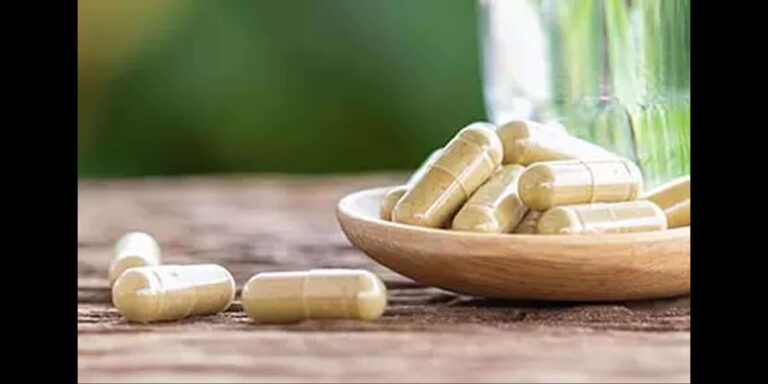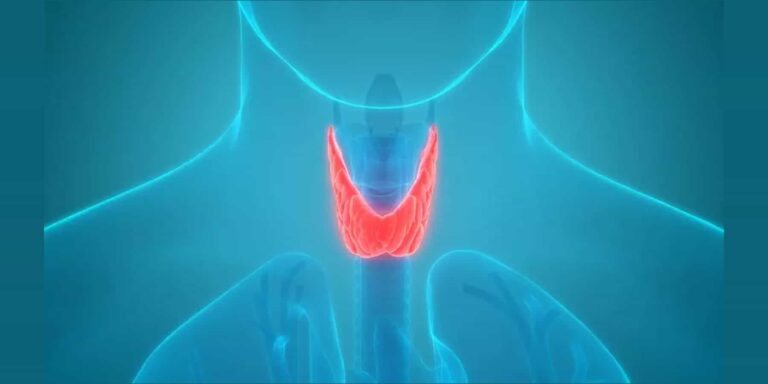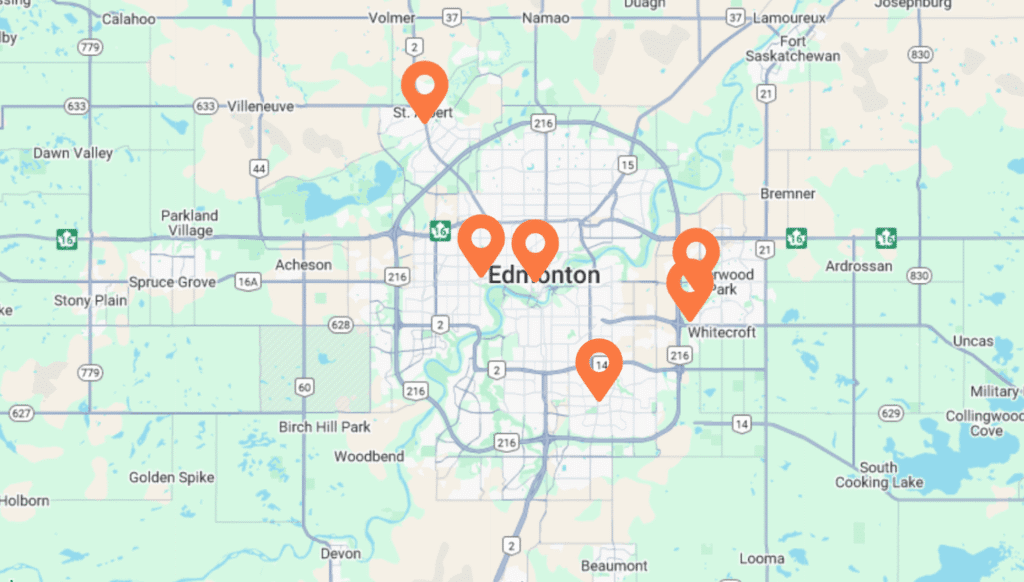Andropause. Essentially, it is the male version of menopause.
Male menopause involves a drop in testosterone production in men who are age 50 or older. It’s often affiliated with hypogonadism, and both conditions mean lowered testosterone levels and similar symptoms.
Male menopause differs from female menopause in several ways. For one thing, not all men experience it. For another, it doesn’t involve a complete shutdown of your reproductive organs. However, sexual complications may arise as a result of lowered hormone levels.
Symptoms of Male Menopause
Male menopause can cause physical, sexual, and psychological problems.
Hormonal changes occur in men slowly over time, just as they do in women. Therefore as men age, they may experience:
- low energy
- depression or sadness
- decreased motivation
- lowered self-confidence
- difficulty concentrating
- insomnia or difficulty sleeping
- increased body fat
- reduced muscle mass and feelings of physical weakness
- gynecomastia, or development of breasts
- decreased bone density
- erectile dysfunction
- reduced libido
- infertility
Some men may also experience swollen or tender breasts, decreased testicle size, loss of body hair, or hot flashes. Low testosterone levels have also been linked to osteoporosis.
Balancing Estrogen and Testosterone
Estrogen is another important hormone to consider when looking at Testosterone Replacement Therapy (TRT). Testosterone can be converted to Estrogen in a process called aromatization. This process occurs primarily in fat tissue and increases as men age. The ratio between Estrogen and Testosterone is essential. Too much Estrogen can:
- diminish male sexuality
- increase risk factors for heart disease and prostate issues
- block the action of Testosterone even if it is replaced to optimum levels
Hormone production increases during puberty and reaches a peak in healthy adults during their 20s and early 30s. Whether we like it or not, hormone levels then start to decline beginning around our mid-30s to early 40s and continue to remain at lower levels for the remainder of our lives.
This drop-in hormone is natural and unavoidable in many ways. Testosterone replacement therapy on the advice of a physician or clinician can help control how rapidly or smoothly this change happens and how we adapt to its effects. Be wary of herbal supplements that promise to increase testosterone levels or help with mood and libido.
We work closely with several doctors and clinicians specializing in bio-identical hormone replacement therapy (BHRT) and testosterone replacement therapy (TRT). For more information on andropause and treatment options, contact one of our pharmacists today.





